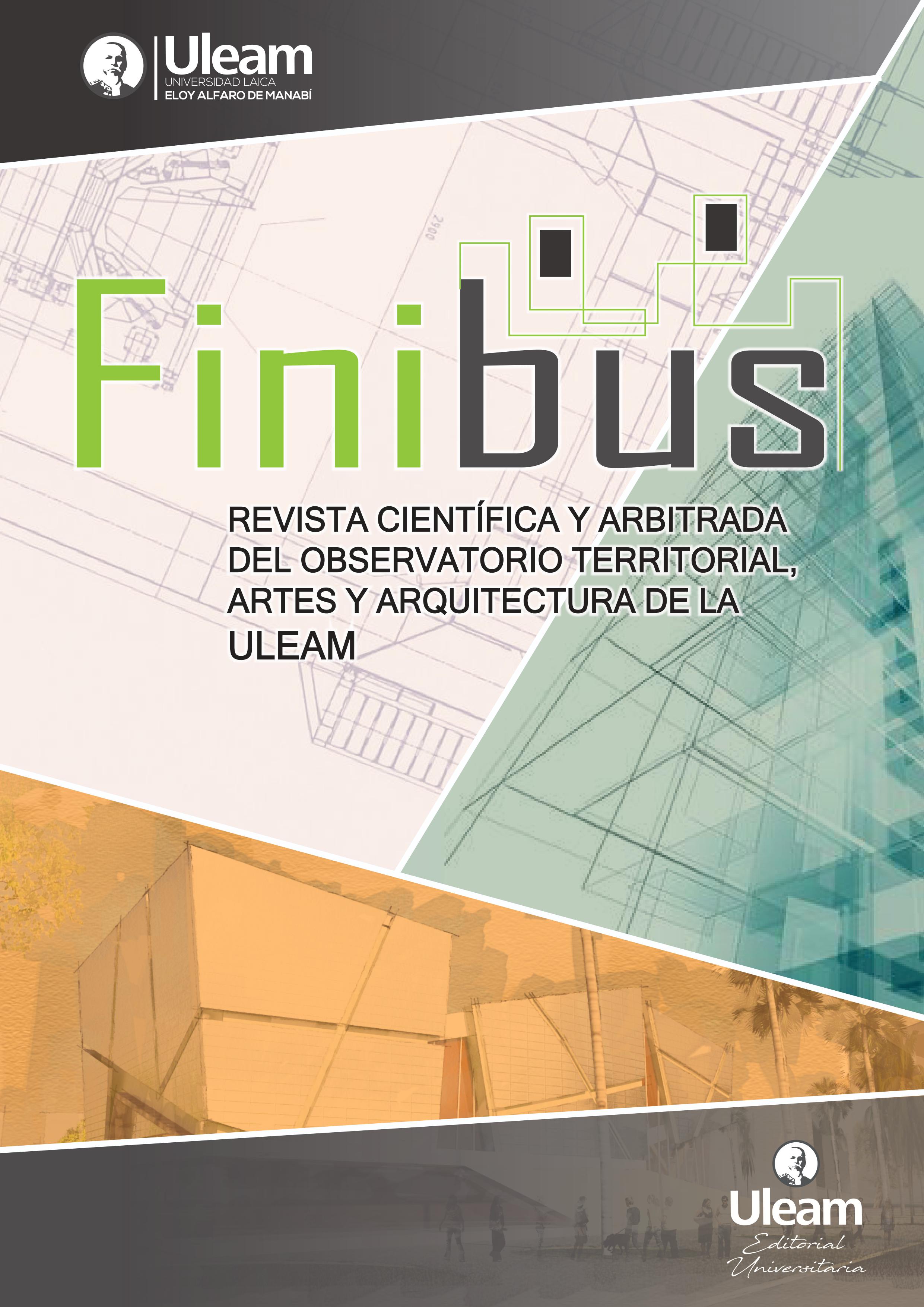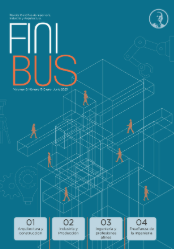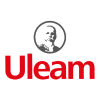Análisis de las variables de un modelo de logística inversa aplicable a Pymes mediante Analityc Network Process
DOI:
https://doi.org/10.56124/finibus.v6i11.0002Palabras clave:
logística inversa, sostenibilidad, MCDM, ANP, PymesResumen
El elevado y rápido crecimiento poblacional aumenta el consumo de productos, ocasionando la generación de residuos, malestares ambientales y preocupación social por sus impactos negativos. Esta problemática lleva a la industrias a la búsqueda de soluciones, siendo la logística inversa una de las que más ha llamado la atención en los últimos años. Esta investigación, partiendo de un estudio de la bibliografía existente, analiza las variables necesarias para la implementación de un programa de logística inversa en Pymes, basado un modelo Analytic Network Process (ANP) como método de toma de decisión multicriterio (MCDM) y uso del softwatre “Super Decisions V3.2”. Los resultados mostraron la deficiencia aún en el manejo de la logística inversa por parte de las Pymes, siendo la mejor alternativa la contratación de una empresa especializada en este tipo de servicios.
Descargas
Citas
Barker, T. J. and Zabinsky, Z. B. (2011) ‘A multicriteria decision making model for reverse logistics using analytical hierarchy process’, Omega, 39(5), pp. 558–573. doi: 10.1016/j.omega.2010.12.002.
Cortés Pellicer, P. and Alarcón Valero, F. (2018) ‘Identification of reverse logistics decision types from mathematical models’, Journal of Industrial Engineering and Management, 11(2), p. 239. doi: 10.3926/jiem.2530.
Ding, L., Wang, T. and Chan, P. W. (2023) ‘Forward and reverse logistics for circular economy in construction: A systematic literature review’, Journal of Cleaner Production, 388, p. 135981. doi: 10.1016/j.jclepro.2023.135981.
Guimarães, J. L. da S. and Salomon, V. A. P. (2015) ‘ANP Applied to the Evaluation of Performance Indicators of Reverse Logistics in Footwear Industry’, Procedia Computer Science, 55, pp. 139–148. doi: 10.1016/j.procs.2015.07.021.
Kaynak, R., Koçoğlu, İ. and Akgün, A. E. (2014) ‘The Role of Reverse Logistics in the Concept of Logistics Centers’, Procedia - Social and Behavioral Sciences, 109, pp. 438–442. doi: 10.1016/j.sbspro.2013.12.487.
Li, Y.-L. et al. (2018) ‘Third-party reverse logistics provider selection approach based on hybrid-information MCDM and cumulative prospect theory’, Journal of Cleaner Production, 195, pp. 573–584. doi: 10.1016/j.jclepro.2018.05.213.
Mallick, P. K. et al. (2023) ‘Closing the loop: Establishing reverse logistics for a circular economy, a systematic review’, Journal of Environmental Management, 328, p. 117017. doi: 10.1016/j.jenvman.2022.117017.
Ravi, V., Shankar, R. and Tiwari, M. K. (2005) ‘Analyzing alternatives in reverse logistics for end-of-life computers: ANP and balanced scorecard approach’, Computers & Industrial Engineering, 48(2), pp. 327–356. doi: 10.1016/j.cie.2005.01.017.
Rezaei, J. (2015) ‘A Systematic Review of Multi-criteria Decision-making Applications in Reverse Logistics’, Transportation Research Procedia, 10, pp. 766–776. doi: 10.1016/j.trpro.2015.09.030.
Senthil, S., Srirangacharyulu, B. and Ramesh, A. (2012) ‘A Decision Making Methodology for the Selection of Reverse Logistics Operating Channels’, Procedia Engineering, 38, pp. 418–428. doi: 10.1016/j.proeng.2012.06.052.
Song, J. et al. (2022) ‘Selection of Third-Party Reverse Logistics Service Provider Based on Intuitionistic Fuzzy Multi-Criteria Decision Making’, Systems, 10(5), p. 188. doi: 10.3390/systems10050188.
Valderrama Ocoró, M. F. et al. (2018) ‘Estudio dinámico del reciclaje de envases pet en el Valle del Cauca’, REVISTA LASALLISTA DE INVESTIGACIÓN, 15(1), pp. 67–74. doi: 10.22507/rli.v15n1a6.
Zarbakhshnia, N. et al. (2020) ‘A novel hybrid multiple attribute decision-making approach for outsourcing sustainable reverse logistics’, Journal of Cleaner Production, 242, p. 118461. doi: 10.1016/j.jclepro.2019.118461.
Zavala-Alcívar, A., Verdecho, M.-J. and Alfaro-Saíz, J.-J. (2020) ‘A Conceptual Framework to Manage Resilience and Increase Sustainability in the Supply Chain’, Sustainability, 12(16), p. 6300. doi: 10.3390/su12166300.
Publicado
Cómo citar
Número
Sección
Licencia
Derechos de autor 2023 Revista Científica y Arbitrada del Observatorio Territorial, Artes y Arquitectura: FINIBUS - ISSN: 2737-6451.

Esta obra está bajo una licencia internacional Creative Commons Atribución-NoComercial-CompartirIgual 4.0.
















